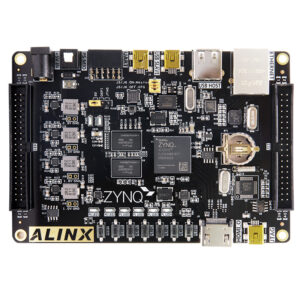Modulation plays very important role in communication. During the inception of communication there are some analog modulation technics are used as time roles digital modulation technics are emerged.
Let’s understand one such digital modulation technic with the help of GNU Radio.
The main goal of modulation is to squeeze as much data into the least amount of spectrum possible. That objective, known as spectral efficiency, measures how quickly data can be transmitted in an assigned bandwidth.
Even we have some forms of digital modulation technics advantage of Phase shift keying enables data to be carried on a radio communications signal in a more efficient manner than Frequency Shift Keying, FSK, and some other forms of modulation, technical FSK needs 2 times bit energy more than PSK to get the same probability of error.
Basic function of blocks in GNU Radio companion is to generate and process a waveform and GNU Radio companion comes with some modulation blocks which helps to demonstrate modulation technics.
Phase-shift keying (PSK) is a digital modulation scheme that conveys data by changing, or modulating, the phase of a reference signal (the carrier wave).
 Digital modulation scheme uses a finite number of distinct signals to represent digital data. PSK uses a finite number of phases, each assigned a unique pattern of binary digits.
Digital modulation scheme uses a finite number of distinct signals to represent digital data. PSK uses a finite number of phases, each assigned a unique pattern of binary digits.
To know more about implementation of PSK in GNU Radio companion, please click on the link for the application note below,






